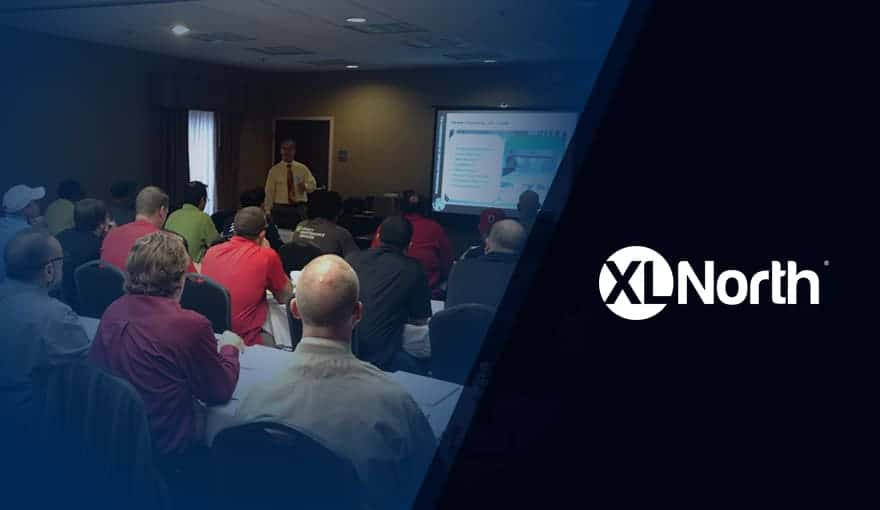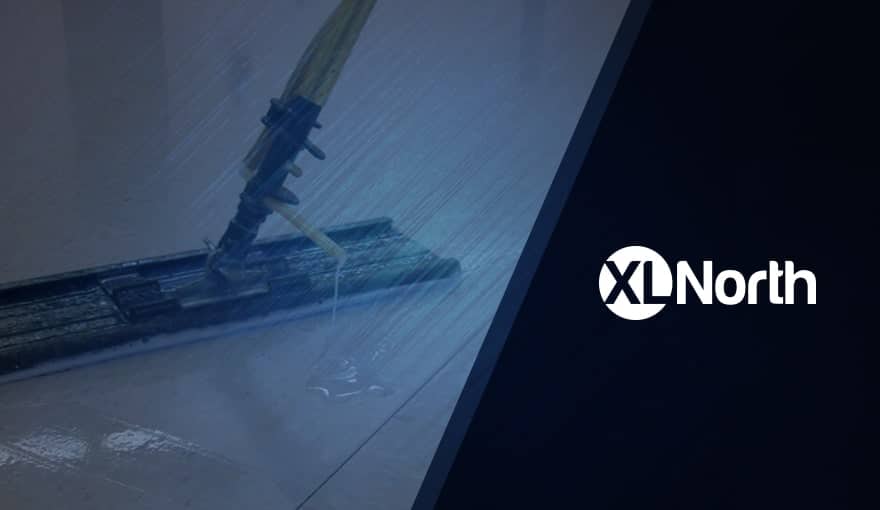Want to differentiate your company from the competition and grow your business? Consider an investment in floor care education. Knowledgeable, skilled technicians cut down on labor costs, troubleshoot effectively, and provide insight on the latest industry specifications and trends.
There are many challenges in the floor maintenance industry. Many stem from the inherit competitive nature of the business. Floor maintenance contracts are not only decided by dollars and cents, but also by getting the best value for the money invested. When competing against the many facets of building service providers, janitorial service companies and in house technicians, how can your company differentiate yourself from your competition?
The usual response is to either do it for less money or provide higher quality services. Of course anyone can do it for less and providing quality service is what we should all aspire to do. The answer to distinguishing yourself from competitors is knowing what you are doing and performing better than your competition.
Skilled technician performance individually and as a team is not something that walks in the door when the technician applies for the position. It is set up in the policies and procedures developed by the company. The company sets the mission statement and the attitude of the company and then pursues employees that will fulfill that profile. If part of that mission statement is “we know what we are doing and we do it well”, then the question becomes, how is that done?
Traditionally, this is accomplished by on the job training where the senior technicians pass the information down to the trainee. The primary drawback is that the trainee will only learn what the senior technician knows, which may be limited. Additionally, the finish flooring materials and maintenance methodologies are expanding at such an accelerated rate that what the senior technician may know may be outdated or obsolete.
In order to ensure that the company’s technicians have the most contemporary training, education and certification, the company needs to invest in their technicians. However, when someone invests in anything, there should be a clear understanding of what the return on their investment will be.
The value of a trained technician is that they can perform the necessary service procedures correctly, safely and repetitively without repeat visits to the same job. As flooring material classifications expand, there is also a need to broaden the knowledge and skill set of the technician. Understanding and having the ability to perform service procedures correctly equals effectiveness. The more the technician knows about the different flooring materials and how to perform the correct service procedures on them, the more valuable an asset to the company.
In addition to knowledge is skill; skill is acquired by performing those service procedures over and over again. Repetition generates efficiency. Efficient technicians don’t waste time wondering what to do; they know the best way to accomplish the job and they do it. All floor maintenance technicians have some training – some good, some bad and some indifferent.The key is investing in the training that yields the best results.
Just having trained technicians may be enough to generate revenue for the company and secure a good job for the technician, but what about growth? The primary objective of both the employer and the employee is to be compensated fairly for their contribution. The employer wants consistent profit margins on the services they sell and the technician wants a fair wage for the services provided. It is a straightforward and equitable relationship until either side changes the status quo. That is to say when the company wants to make more money and the technician does too. To accomplish this, the company brings on more business and/or diversification; the technician develops his craft and expands his knowledge and skill set.
Continued technician instruction benefits the company by creating opportunity through the expanded offering. Growth can occur when a company is good at what they do and they have repeat business from their customers, but business owners are competitive by nature and often times want to push beyond what they offer. Expanding the offering gives their customers something new, but also entails that the technicians are trained and instructed in delivering the required services. This ultimately becomes a win/win situation for company and technician.
Technicians that continue to accumulate knowledge and skills become good troubleshooters and problem solvers in the field. The more knowledge they have to draw from, the higher the potential of solving the problem instead of creating them. The company benefits tremendously when problems are solved and customers are happy. The technician that is exposed to continued education may feel more secure because the company has invested and will be less likely to leave the company and more likely to want to advance in the ranks.
The money and time invested in the technician over time may result in career development and continued education, which may lead into higher positions within the company. Selling floor maintenance can be much more profitable if the salesperson can communicate intelligently about the topic and offer real solutions to the customer. Supervision is much more effective if the supervisor knows more than the technicians and managers will manage better if they have a thorough understanding of the trade and its nuances. Not all technicians are destined to be managers and not all positions will be filled from within, but having that continual educational structure that holds it all together is security.
It’s important to understand that the floor maintenance industry is a dynamic industry. It will not stay the same; what is popular today, may be obsolete tomorrow. In order to grow as an individual, a technician or a company requires continually investing in your future. That investment comes in the form of training, through continued instruction and ultimately ends up in career developmental education. Technicians should be aware that learning on their own can lead to higher wages and companies should embrace skilled technicians. More often than not, it works out to be a mutual relationship that grows together.
Get this article today!
Download a PDF version of this article to share with your team. Get it here! No form submission required.


